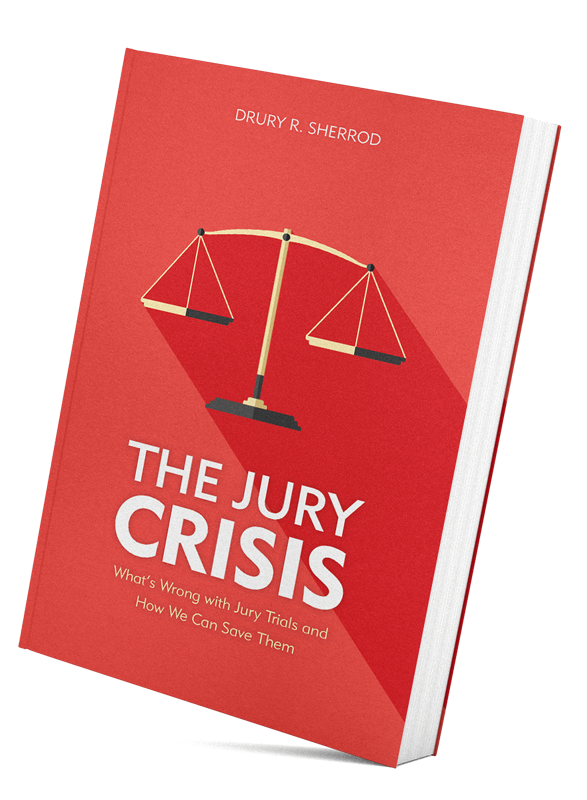EP 242 The Next American City
It seems as if midsize cities in America are having their moment. While the nation’s largest metro areas lost residents to smaller ones for the first time since the Great Recession, the new middle is thriving. And this according to Mick Cornett, the four term mayor of Oklahoma City, who has presided over a virtual renaissance in that city. He’s clear to point out that many other mid metros are using their local assets to create new wealth and opportunity in places that previously had been given up on. And whether it’s Provo, Des Maoines, Chattanooga or Louisville, as examples, each has a different approach to revitalization. He will explain OKC’s unique approach to taxation for projects which engenders buy in from voters in exchange for tangible results. This podcast explores the big promise of our midsize metros.
Podcast: Play in new window | Download








